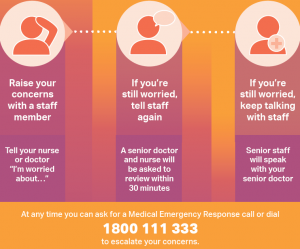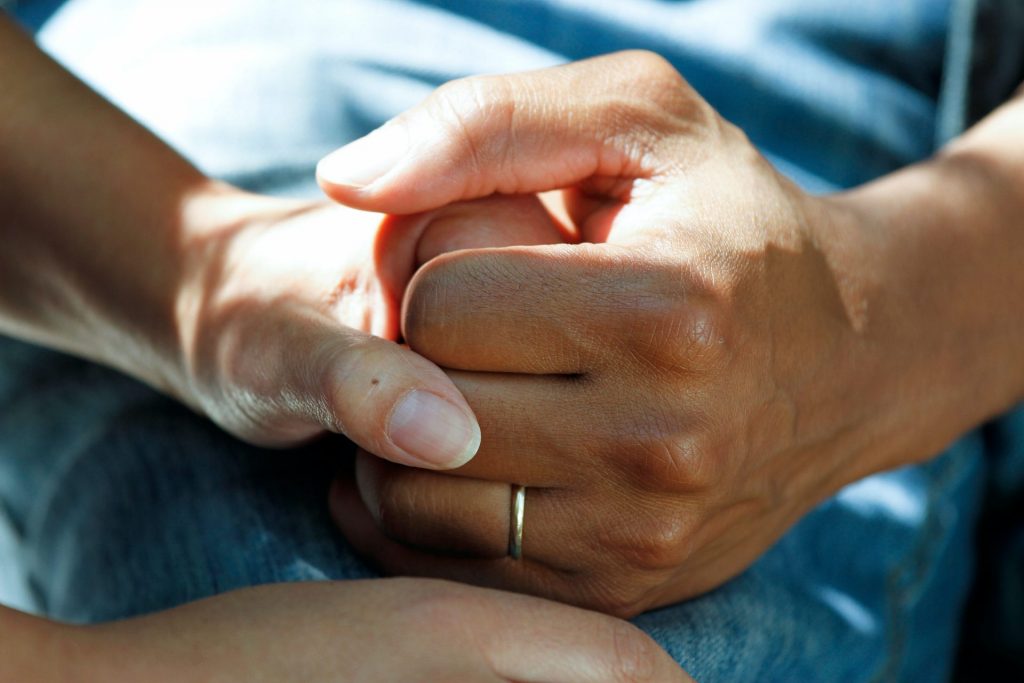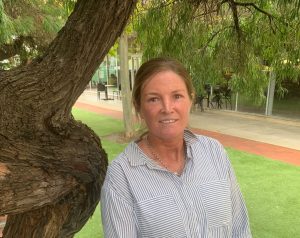At Central Adelaide Local Health Network, our staff provide world-class care for patients.
But patients also know their bodies, and can – along with their carers – improve understanding of their health.
CALHN’s Escalation of Care service is in place as a safeguard for patients and staff to ensure severe medical deterioration is recognised and treated in a timely way.
Escalation of Care provides an easy pathway for patients and carers to alert medical staff when a patient’s condition changes rapidly, or concerns continue.
The service is a series of steps for patients and carers to follow, including now a new direct phone number to call.

CALHN’s Escalation of Care service offers pathways for consumers and staff to escalate concerns about medical deterioration.
An avenue to voice your concerns
Intensive care consultant Associate Professor Arthas Flabouris is a member of the CALHN Priority Care Committee for recognising and responding to acute deterioration.
A/Prof Flabouris explained that when patients are admitted to hospital, careful monitoring of their vital signs – such as blood pressure, pulse, breathing, temperature, oxygen, as well as conscious and mental state – helps nurses and doctors monitor patient progress and detect medical deterioration.
But patients and families can play an active role too.
“As clinicians we are also reliant on patients or their carers informing us if they feel that they, or the patient they care for, has deteriorated,” said A/Prof Flabouris.
“If that circumstance arises, concerns can be voiced to the ward staff or via the dedicated phone number specifically set up for this purpose, 1800 111 333.”
A/Prof Flabouris said CALHN’s Escalation of Care service is well-established, innovative, informed by consumers and well-received by both clinicians and patients.
“The Escalation of Care service has been shown to save lives and prevent other serious adverse events.”
Meeting the needs of patients
Healthcare consumer advocates Brooke and Judith helped shape the Escalation of Care service to ensure it meets the needs of patients and their carers.
“Consumer Escalation of Care allows patients and their family members to partner with clinicians and be fully engaged in their own care,” said Brooke.
“We’re making sure the process is easy to follow, not too lengthy and accessible for everyone.”
“My biggest motivator is to improve healthcare services for people who come through after me.”
Judith became involved as a consumer representative after her own experiences as a patient at the RAH and TQEH.
“As a consumer representative, I see myself partly as a support and as a witness to things,” Judith said.
“Each patient is an individual and needs to be listened to.”
Judith said Escalation of Care is an important layer in quality hospital care.
“The Escalation of Care service is there as a backup.”
“Your first port of call should be a nurse or doctor — but sometimes it’s the person who knows the patient best who can see if something isn’t quite right.”
Working together
Escalation of Care recognises that patients, family and carers often recognise subtle changes in themselves or their loved one’s clinical condition. It aims to support patients, their families and carers, who might be worried about a deterioration in their clinical condition with a way to voice and escalate their concerns.
“If you are concerned about a sudden deterioration in your clinical or mental state, it is important that you tell us,” A/Prof Flabouris said.
“Hearing from you will help inform us to better care for your needsit’s always better if we work together with you so as to attempt to achieve your goals of care.”
“If at anytime you feel you are not being listened to do not hesitate to ask staff to further escalate your concerns, or for you to escalate them yourself — the Escalation of Care service is your avenue to do so.”
Photo by National Cancer Institute on Unsplash



